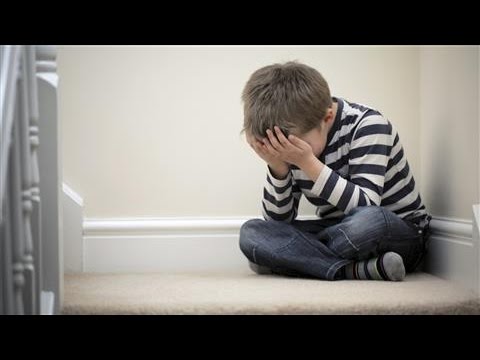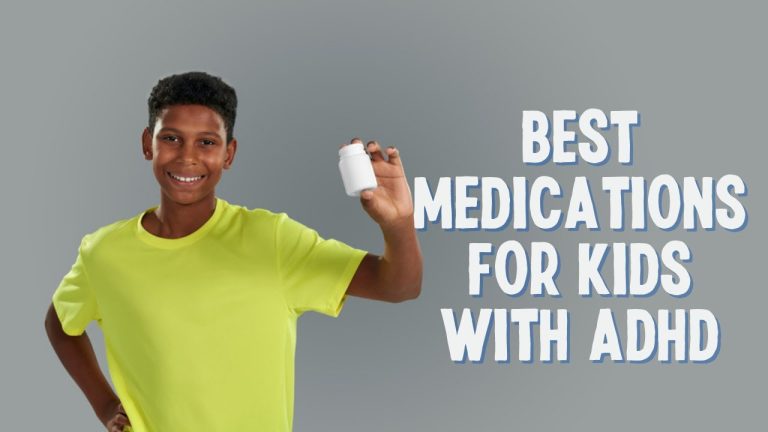5 Expert Tips for Providing Effective Eye Care to Children with Sensory Processing Disorders
As a parent, you want to make sure your child is healthy and happy. And when it comes to their eyesight, it’s important to take extra care, especially if your child has a sensory processing disorder. Sensory processing disorders can affect how your child interprets and responds to information from their senses, including vision. In this article, we’ll discuss some tips for eye care for children with sensory processing disorders.
First off, it’s important to understand that each child’s sensory processing disorder is unique. Some children may be hypersensitive to visual stimuli, while others may be hyposensitive. This means that what works for one child may not work for another. Therefore, it’s important to consult with your child’s healthcare provider for personalized recommendations.
Regular eye exams
One of the most important things you can do for your child’s eye health is to schedule regular eye exams. This is especially important for children with sensory processing disorders who may have difficulty communicating their vision problems. During an eye exam, an optometrist can perform tests to check for visual acuity, eye coordination, and other vision-related issues.
Limit screen time
The American Optometric Association recommends that children spend no more than two hours per day in front of a screen. This includes television, computers, tablets, and smartphones. Too much screen time can cause digital eye strain, which can lead to headaches, dry eyes, and blurred vision. For children with sensory processing disorders, screen time can also overstimulate their visual senses, leading to sensory overload.
Blue light filtering glasses
If your child spends a lot of time in front of a screen, consider investing in blue light filtering glasses. These glasses can help reduce the amount of blue light emitted by electronic devices, which can cause eye strain and disrupt sleep-wake cycles. For children with sensory processing disorders, blue light filtering glasses can also help reduce visual stimulation and make screen time more comfortable.
Protective eyewear
For children who participate in sports or other physical activities, it’s important to wear protective eyewear. This can help prevent eye injuries from flying objects, collisions, or falls. For children with sensory processing disorders, protective eyewear can also provide a sense of security and reduce anxiety during physical activity.
Sports goggles
If your child wears glasses, consider investing in sports goggles that fit over their regular glasses. This can provide extra protection and prevent their regular glasses from getting damaged during physical activity.
Conclusion
Eye care for children with sensory processing disorders requires extra attention and care. By scheduling regular eye exams, limiting screen time, investing in blue light filtering glasses and protective eyewear, you can help your child maintain healthy eyesight and reduce visual stimulation. Remember to consult with your child’s healthcare provider for personalized recommendations.
Contents
Most wanted in Hoya Vision:
What are prism eyeglass lenses?
Hoya Lens Engravings
What brand lenses does Costco use?
Do tinted glasses help with migraines?
What does +0.25 mean on an eye test?
Hoya Identification Chart
Should eyeglasses cover eyebrows?
Does hyperopia worsen with age?
What LED light is best for broken capillaries?
What is the difference between Ray Ban RB and Rx?
















